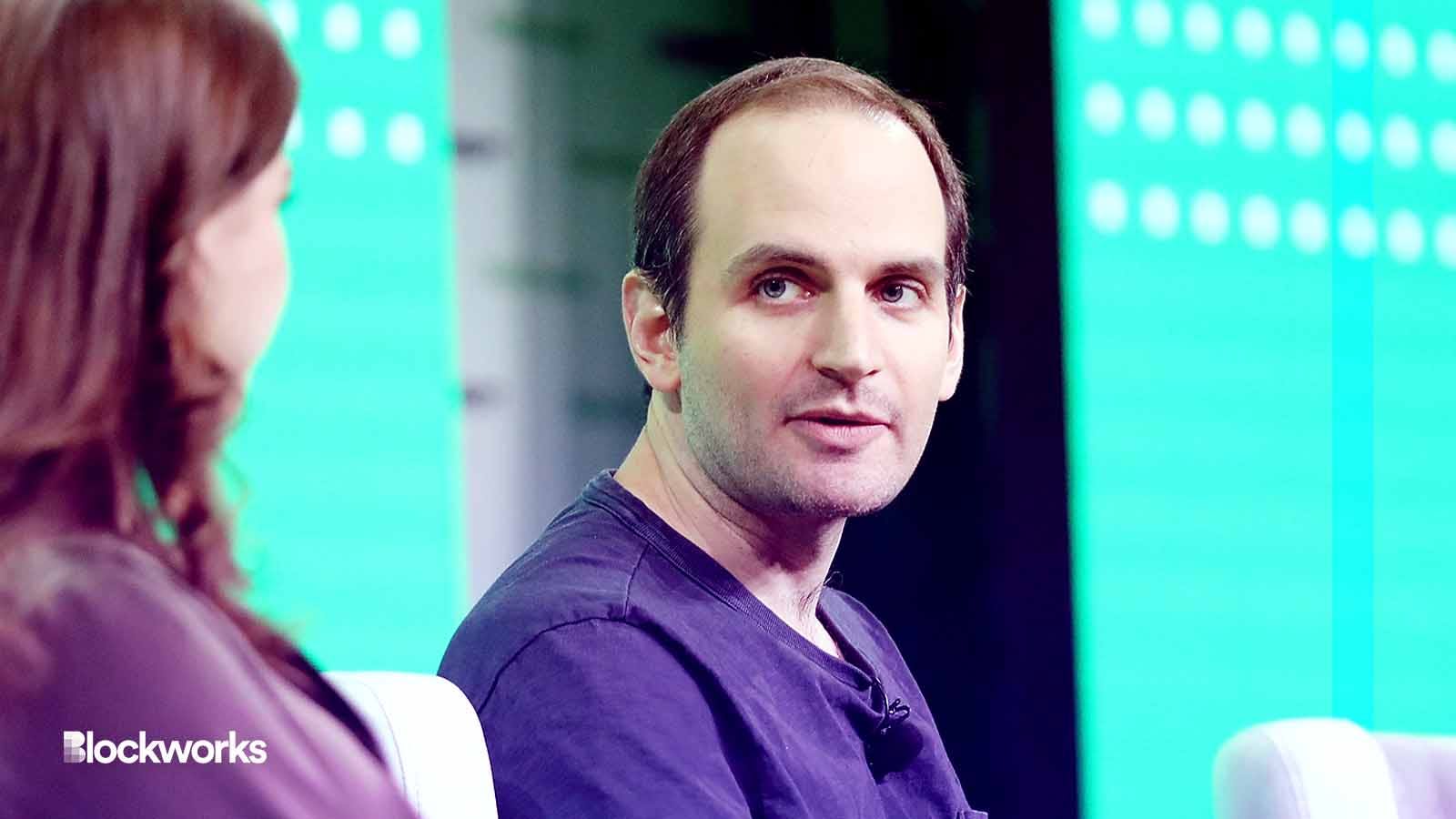Former FTX US president sees the glass half full on crypto regulation
Former FTX US president Brett Harrison says regulators have a difficult job, and only time will tell where their priorities lie

Former FTX US President Brett Harrison | "1435135338"/TechCrunch (CC license)
Former FTX US president Brett Harrison, now the founder and CEO of crypto infrastructure firm Architect, says there is “hope” US lawmakers and regulators will come to an agreement on fair and effective digital asset policy — but it’s going to take a lot of work.
“Regulators are in a difficult position that we have to empathize with,” Harrison said during a panel discussion at the Mainnet conference in New York Thursday.
Agencies are not only responsible for creating and enforcing policy, they also have to answer to the public when things go wrong, like the implosion of FTX last year, Harrison said.
“It’s not presently really the time for pushing for innovation,” he added. “It’s about making sure this doesn’t happen again.”
Architect, which Harrison founded this year, has had its own regulatory boxes to check.
Just this week the company received its introducing broker license for regulated derivatives, issued under the National Futures Association and independent from the Commodity Futures Trading Commission. Architect is now cleared to accept futures contract trading orders but cannot accept fiat currency or other assets to complete these orders.
“Derivatives markets require modern and secure technological entry points built for the disparate range of products they have come to encompass, physical and digital, in order to enhance and expand institutional participation,” Harrison wrote on X, formerly Twitter, after the announcement.
Harrison, who left FTX.US in September 2022, just ahead of its parent company’s collapse in November, added during the panel discussion that the future of crypto policy in the US does not solely depend on one agency.
“It’s wrong,” to say either the CFTC or the SEC should be the main agency in charge, Harrison said, especially given that there are many assets and areas of the industry that could likely fall under joint jurisdiction.
In terms of when the industry should expect to see some movement on Capitol Hill, Harrison said a lot is weighing on the upcoming election season.
“It really depends on the political dynamics at the time and whether or not [crypto policy] is seen as a priority next year,” he said.
Get the news in your inbox. Explore Blockworks newsletters:
- The Breakdown: Decoding crypto and the markets. Daily.
- 0xResearch: Alpha in your inbox. Think like an analyst.






